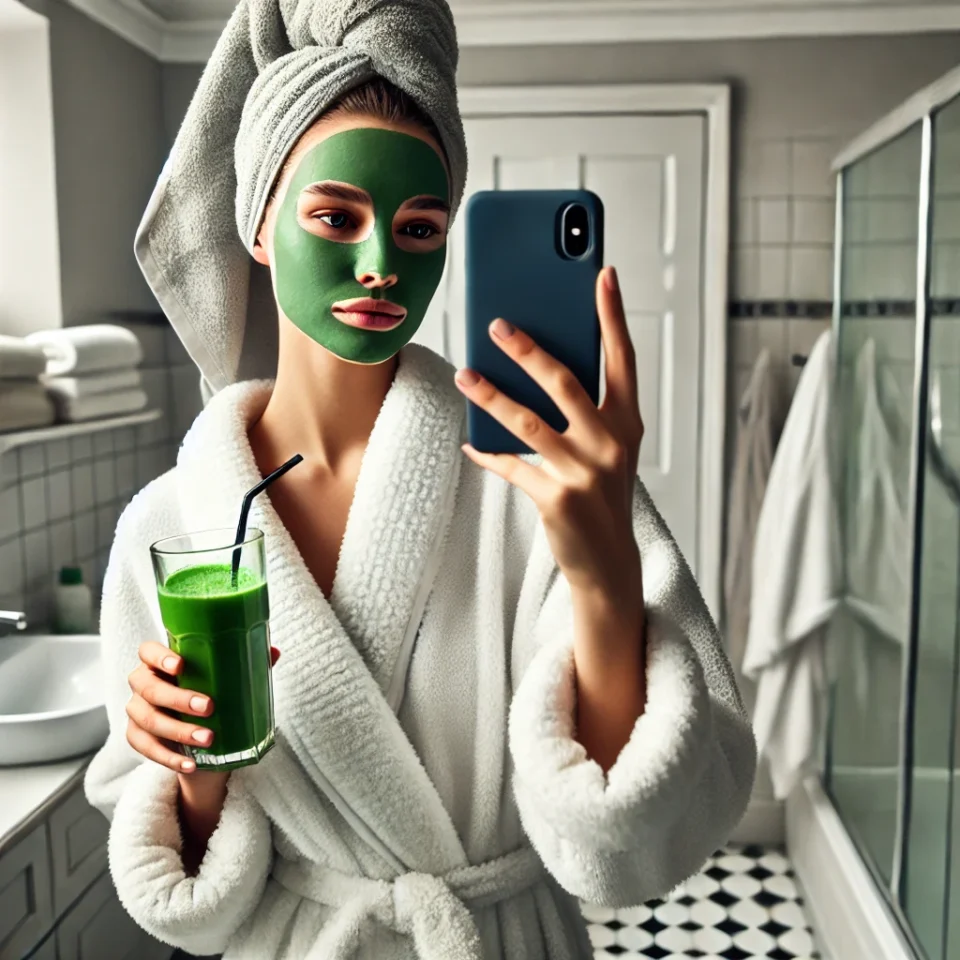Taking care of your skin is vital for maintaining a healthy, youthful complexion. In this blog, we will explore some essential skincare tips specifically tailored for Busy Life Morning Skincare Hacks, including scientifically backed advice, pointers, and practical hacks to ensure your skin stays radiant and healthy.
The Importance of Skincare in a Busy Lifestyle
Why Knowing Your Skin Type Matters
Before adopting any skincare routine, it’s important to understand your skin type—whether it’s oily, dry, combination, or sensitive. Each skin type has specific needs and responds differently to products.
- Oily skin may require lightweight, oil-free moisturizers.
- Dry skin benefits from thicker, hydrating creams with ingredients like hyaluronic acid.
- Combination skin needs balancing products that target both oily and dry areas.
- Sensitive skin should avoid products with fragrances or alcohol.
Scientific Fact: A study published in the International Journal of Dermatology highlights that improper product use for your skin type can increase irritation and lead to conditions like acne, eczema, and dermatitis.
Hydration is Key
The Importance of Water for Skin Health
Your skin needs proper hydration to maintain elasticity and prevent premature aging. Water is essential for maintaining skin moisture, elasticity, and overall health.
- Drink at least 8 glasses of water daily for optimal hydration.
- Use hydrating serums with hyaluronic acid to lock moisture into your skin.
- Apply moisturizer immediately after washing your face to seal in moisture.
Scientific Fact: According to research published in the Clinical, Cosmetic and Investigational Dermatology journal, skin hydration significantly improves skin smoothness, reduces roughness, and delays visible signs of aging.
Sunscreen: Your Skin’s Best Friend
UV Protection for Long-Term Skin Health
Protecting your skin from harmful UV rays is crucial to prevent premature aging, wrinkles, and even skin cancer.
- Use a broad-spectrum sunscreen with SPF 30 or higher.
- Apply sunscreen 15 minutes before sun exposure and reapply every two hours.
- Opt for sunscreens that offer protection against both UVA and UVB rays.
Scientific Fact: Research published in the Journal of Clinical and Aesthetic Dermatology indicates that regular sunscreen use not only prevents sunburn but also reduces the chances of developing skin conditions such as hyperpigmentation and photoaging.
Stats: According to the American Academy of Dermatology, consistent use of sunscreen with an SPF of 30 or higher can reduce your risk of developing skin cancer by 40-50%.
Exfoliation: A Gentle Approach
Why Over-Exfoliating Can Harm Your Skin
Exfoliation removes dead skin cells and promotes cell turnover, but over-exfoliating can damage your skin’s barrier.
- Exfoliate 2-3 times a week with gentle, natural exfoliants.
- Avoid harsh scrubs that can cause micro-tears in the skin.
- Opt for chemical exfoliants like AHAs (alpha hydroxy acids) for smoother skin.
Scientific Fact: A study in the Journal of Dermatological Treatment suggests that over-exfoliation can cause transepidermal water loss (TEWL), leading to dry and irritated skin.
Nutrition and Skin Health
Eating Your Way to Glowing Skin
What you eat plays a big role in how your skin looks and feels.
- Consume foods rich in antioxidants like berries and spinach to protect skin cells.
- Eat Omega-3 fatty acids from sources like salmon and chia seeds to support skin’s lipid barrier.
- Avoid excessive sugar intake, as it can increase the risk of acne and wrinkles.
Scientific Fact: According to a study in the Journal of Dermatology, diets rich in antioxidants and Omega-3 fatty acids improve skin elasticity and hydration, and reduce the appearance of fine lines.
Stress Management for Clear Skin
How Stress Impacts Skin
Stress can trigger skin conditions like acne, eczema, and psoriasis.
- Practice stress-relief activities such as yoga, meditation, or deep breathing.
- Establish a regular sleep schedule to allow your body and skin to repair overnight.
- Use skincare products with soothing ingredients like chamomile and lavender to calm skin.
Scientific Fact: A study from the Journal of Clinical and Aesthetic Dermatology found that individuals who practiced stress-reduction techniques experienced a 40% reduction in skin flare-ups related to acne and eczema.
Get Enough Sleep
Why Your Skin Needs Beauty Sleep
Getting 7-9 hours of sleep every night is essential for skin regeneration. While you sleep, your skin repairs itself and produces collagen, which helps to prevent sagging and wrinkles.
- Aim for at least 7-9 hours of uninterrupted sleep each night.
- Use a silk pillowcase to prevent friction and irritation while you sleep.
- Incorporate nighttime skincare routines with hydrating and repairing products like retinol.
Scientific Fact: Research from the Journal of Investigative Dermatology shows that sleep deprivation impairs skin barrier function, increases the signs of aging, and reduces the skin’s ability to recover from environmental stressors.
Stats: A study by the National Sleep Foundation found that 60% of individuals with inadequate sleep reported visible signs of aging, including dark circles, puffiness, and fine lines.
Conclusion
Having a busy life doesn’t mean you have to neglect your skin. These time-efficient skincare hacks help maintain a healthy, radiant complexion. Whether you’re a busy mom or a professional, integrating these science-backed tips into your routine will ensure your skin looks and feels great, no matter how hectic your day gets.


